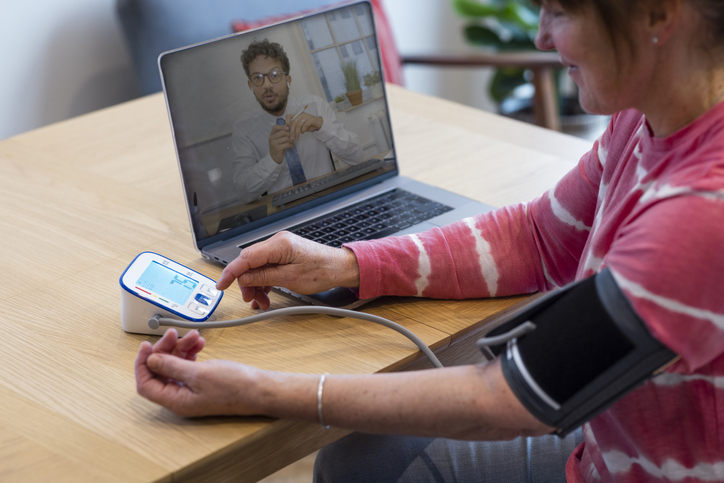
Peterson Center on Healthcare: 3 Policy Recommendations for Remote Health Technologies
In a new report, the Peterson Center on Healthcare made policy recommendations on reimbursement, access and data collection for remote monitoring technologies.

In a new report, the Peterson Center on Healthcare made policy recommendations on reimbursement, access and data collection for remote monitoring technologies.

A webinar sponsored by AVIA Health and SeamlessMD will discuss the latest trends in remote monitoring and how to extend these benefits beyond chronic conditions all while using fewer staff resources.

In a landscape where complexity has long been the norm, the power of one lies not just in unification, but in intelligence and automation.
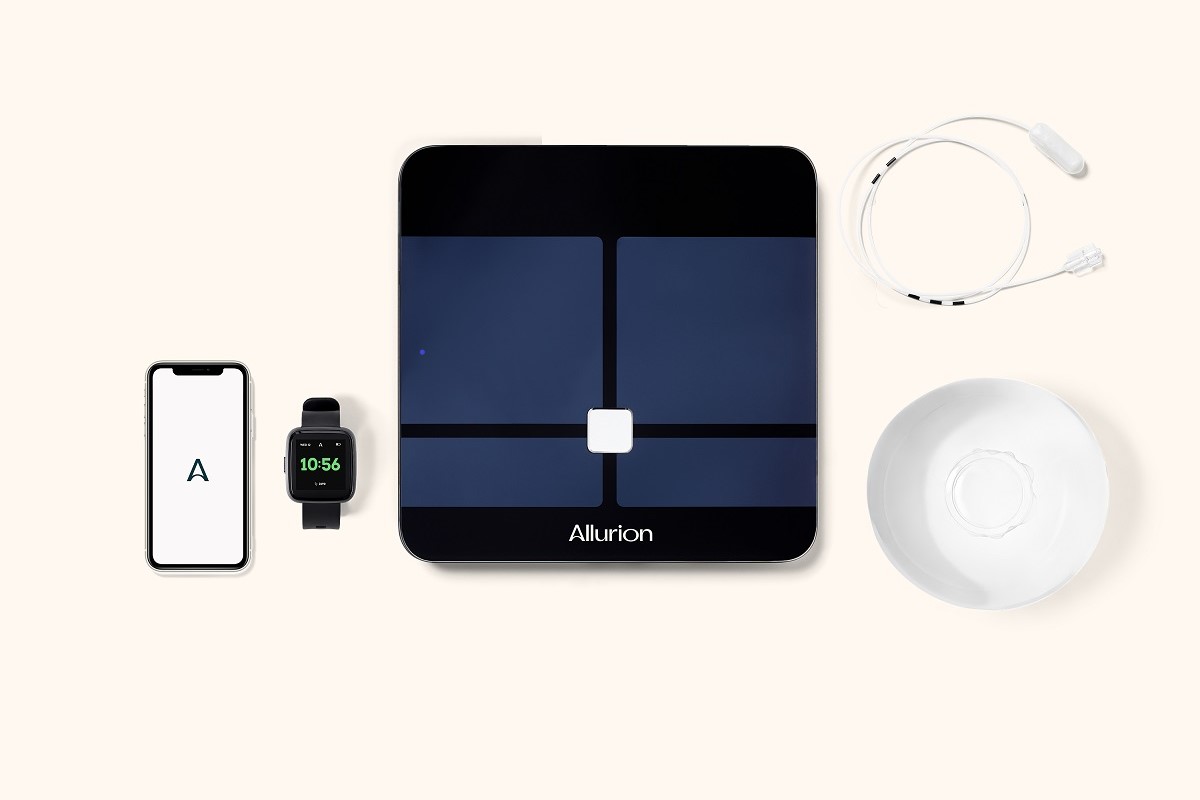
Allurion Technologies has commercialized a gastric balloon in the form of a pill that patients swallow. But the weight loss platform from the now NYSE-listed company also includes AI-driven software that provides insights about a patient’s progress, technology with the potential for use alongside obesity drugs.

BeCare Link has developed software that enables the traditional in-person multiple sclerosis assessment to be done remotely on a patient’s own mobile device. The startup was named the winner of MedCity’s recent Pitch Perfect contest.
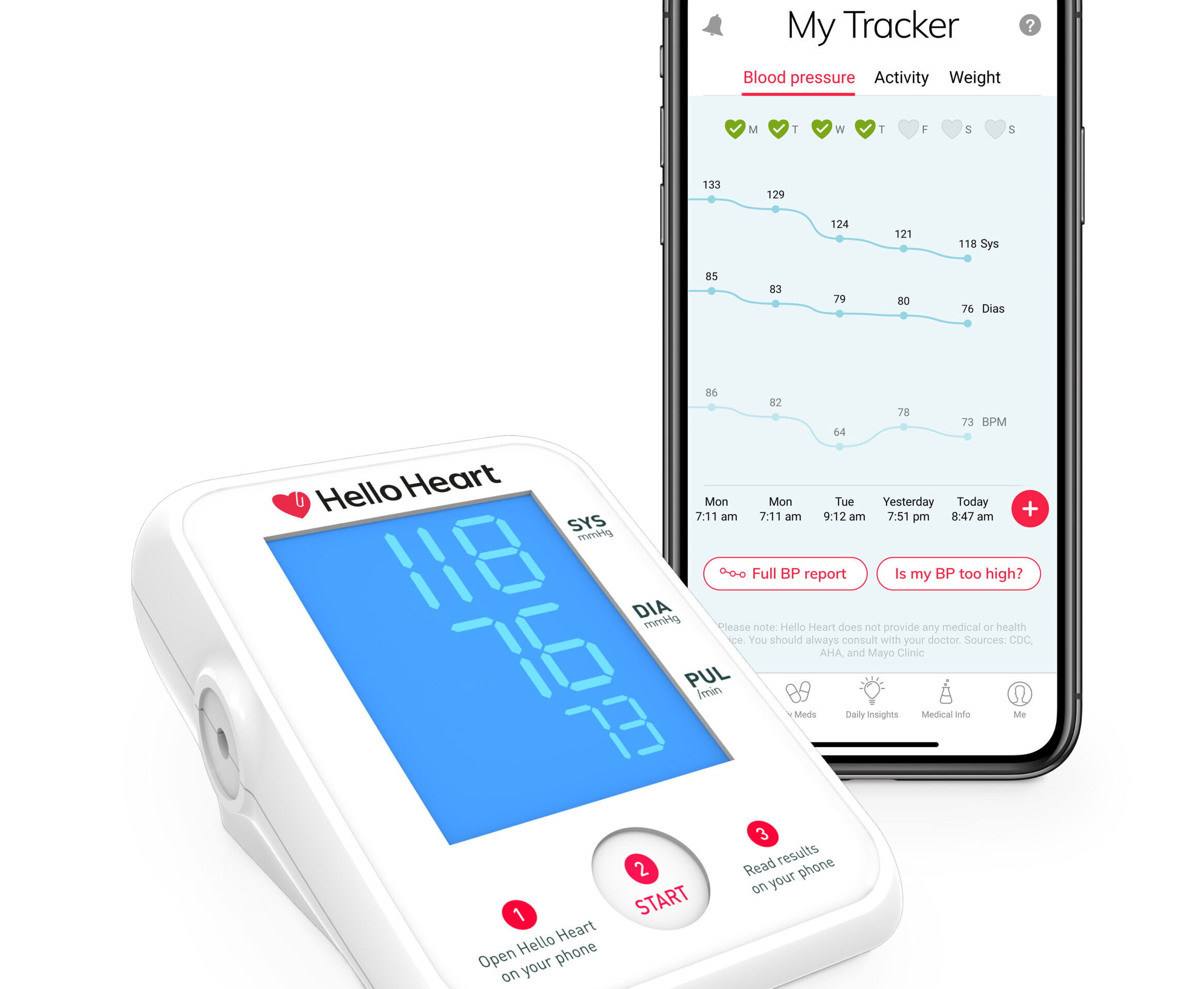
The Series D funding round was led by growth equity firm Stripes. Hello Heart's latest haul brings the total amount the company has raised since its founding in 2013 to $138 million.
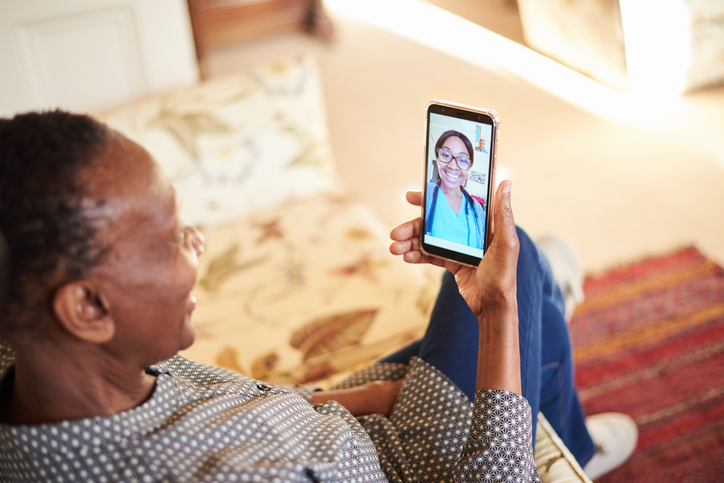
To truly move the needle on healthcare costs and outcomes, we need a more integrated care delivery model. This should fill in the gaps between scheduled appointments and foster more regular connections between healthcare consumers and their providers.

The Series D round of funding makes Biofourmis a unicorn valued at $1.3 billion. CEO and founder Kuldeep Singh Rajput said that the new capital will be used to expand his company’s remote-monitoring technologies and continue development of digital therapeutics, both as companions to traditional drugs and as monotherapies.

Solutions such as remote patient monitoring provides patients, caregivers, and home health aides alike, the ability to record critical information such as a patient’s vital signs, physical and mental state, eating patterns, and medication adherence.
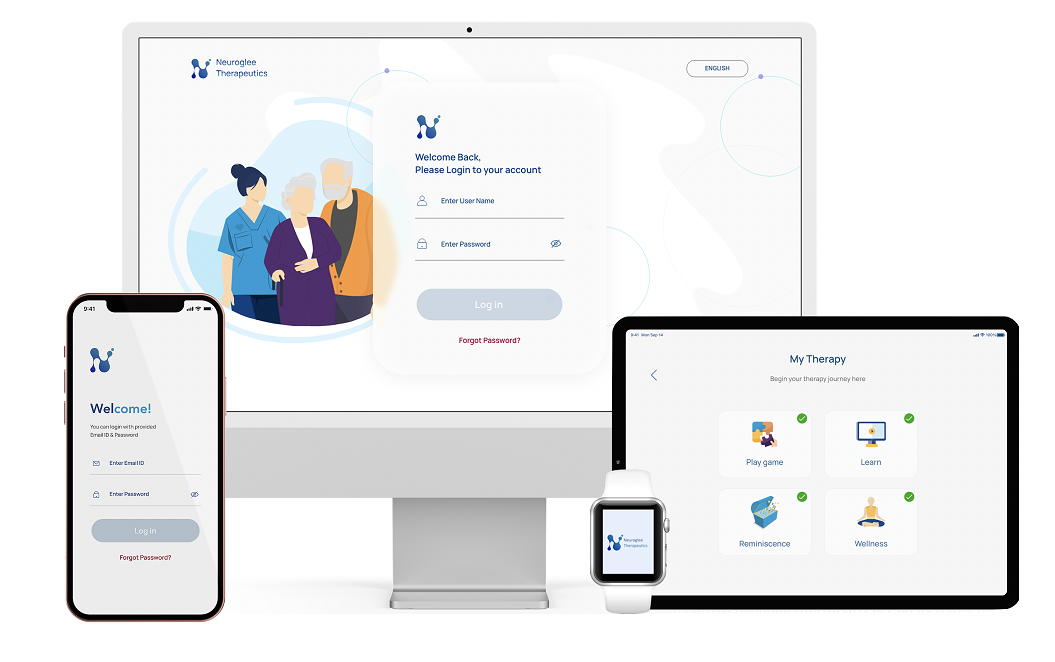
Neuroglee recently raised $10 million in funding and struck a partnership with Mayo Clinic. It’s building a digital therapeutic and virtual programs for people with mild cognitive impairment.

The health technology company will use the investment to deploy its cancer care management platform and remote monitoring program at more health systems and to advance its research capabilities. Philips Health Technology Ventures led the equity round, and Cerner was a returning investor.

Providing care for chronic disease patients during a one-in-a-century pandemic is full of challenges, but health systems like Jefferson Health are finding ways — with help from technology — to make sure their patients are getting the care they need.

The final physician payment rule for next year includes changes to the list of telehealth services covered by Medicare and updated payment policies for remote physiologic monitoring.

The digital therapeutics company is rolling out its remote monitoring solution — developed with Brigham and Women's Hospital — across the country, which can help hospitals rapidly implement hospital-at-home programs. The announcement comes soon after CMS launched a program enabling health systems to provide hospital-level care at home for more than 60 conditions.

the pandemic has brought much-needed attention to how technology can help take down barriers to care and bridge care gaps—by shifting healthcare to people’s homes.

In a interview, an executive from Medable said patients will likely demand to have the choice of whether to show up at trial sites or participate in studies remotely. The Covid-19 pandemic has accelerated a trend toward decentralized trials that was already underway before it began.